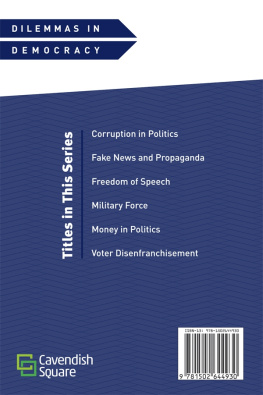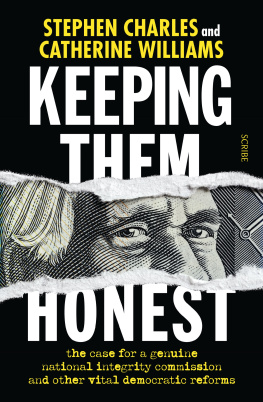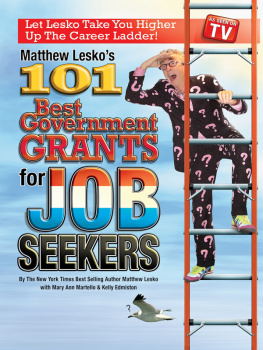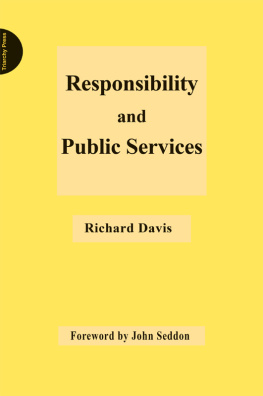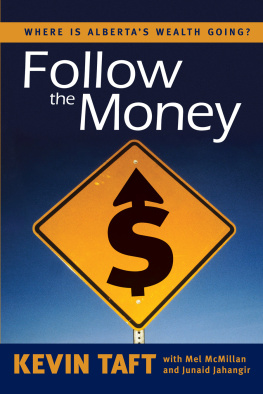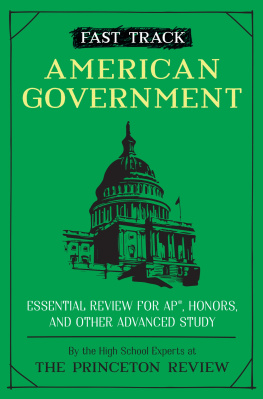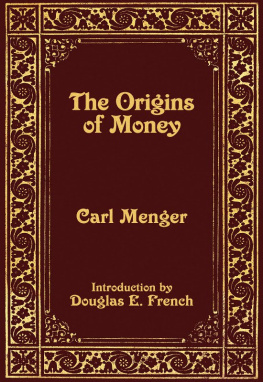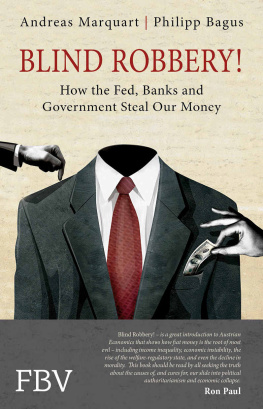All rights reserved Without limiting the rights under copyright reserved above, no part of this publication may be reproduced, stored in or introduced into a retrieval system, or transmitted, in any form or by any means (electronic, mechanical, photocopying, recording or otherwise) without the prior written permission of both the copyright owner and the above publisher of this book
Contents
CHAPTER 1
The Audit Trail to 1982
CHAPTER 2
Getting Started, 198283
CHAPTER 3
Declarations of Independence, 198385
CHAPTER 4
Under the Banham Banner, 198587
CHAPTER 5
Straight down the Line, 198789
CHAPTER 6
Closing the Swap Shop, 198891
CHAPTER 7
A Credible Authority, 198891
CHAPTER 8
At the Cutting Edge, 198991
CHAPTER 9
Matters of Succession, 199193
CHAPTER 10
From DAS to District Audit, 199397
CHAPTER 11
Setting the Pace, 199397
CHAPTER 12
Living with New Labour, 199799
CHAPTER 13
Stumbling to a Breakthrough, 19992001
CHAPTER 14
A Fresh Start, 200203
CHAPTER 15
Leading the Way Again, 200305
CHAPTER 16
An Even Keel, 200608
Illustrations
Foreword
Why isnt it better? That is the question which sooner or later hits every student of British government between the eyes with the force of a well-swung halibut. Here is one of the oldest and best-established parliamentary democracies in the world, comparatively rich and stable, whose state and municipal bureaucracy has been the subject of waves of reforms from Victorian times to the present day, led by bright, well-educated, diligent and uncorrupted public servants yet the prisons are more often than not overcrowded and dangerous, the public housing is too meagre and squalid to accommodate decently those who need it, the schools struggle to attain standards expected across the rest of Europe, and the National Health Service that recipient of vast public affection and vaster still tax-levied income cannot satisfy demand. Whose fault is this?
At Westminster, covered daily by a special squad of full-time journalists, the elected political classes blame each other and recommend new legislation to improve things. The public is sold a model of the world in which the NHS, for example, would be a gleaming national success story were it not for the callous and ignorant high-handedness of market-obsessed Conservatives or, alternatively, the sentimental Stalinism of unreformed socialists. Government is reduced to a hatchet-duel of received opinions in the House of Commons, where success is measured by votes won and bills passed, not by the daily reality of well-administered services in distant suburbs. And much the same happens at local level, except that there the relative lack of power and accountability has produced such apathy that any reporting is meagre.
In recent years most reform-minded observers have concluded that the essence of the problem is an over-centralized, over-interventionist state apparatus, and that the best way of improving public services is radically to devolve power back to the very same boroughs, counties, hospital areas and schools from whence it was sucked during the twentieth century. Only then, perhaps, might we see again the practical transformations in education, town planning, hospital building and amenities that the Victorians of Chamberlains Birmingham or the Edwardians of LCC-dominated London came to take for granted. After more than a decade of New Labour government, and after the centralizing changes of the Conservative administrations of Margaret Thatcher and John Major, this is the mood of the times. It is heard from David Camerons opposition and it echoes inside Whitehall, too. Right at the end of this monumental and revelatory history, Duncan Campbell-Smith launches the Audit Commission in the same direction.
Yet his book is in itself another kind of answer to that question why isnt it better? He plunges deep in tracing the recent history of that greater part of the job of government which is rarely talked about at Westminster and barely mentioned in the media, yet which is utterly essential to well-organized modern life. What happens after the legislation has passed, the dust has settled and the politicians have moved on? How do you actually make a council, or a health authority, improve in the hundred small ways which, to the rest of us, may make the difference between a successful minor operation and a life-threatening infection, or living in a clean housing estate as opposed to a dangerous, damp-infested modern slum? After the crisp-sounding headlines and the rousing political prose, where are the levers, inducements, measurements and encouragement that translate aspiration into achievement, in offices, streets, police stations and so on? In short, after youve spoken, how do you do? Here we find the seven-eighths of the iceberg that doesnt gleam brightly but tends to sink the ship.
There are titanic tales in this book, ranging from the struggle to bring to account the Loony Left councils of the 1980s and Shirley Porters Westminster regime, selling off cemeteries for pennies and attempting to use housing policy as a form of gerrymandering, through to the fascinating (and new to me) story of how apolitical auditors, aghast at the proposed poll tax, tried to rescue Margaret Thatcher from herself, and failed. Some of the individual episodes recounted here are less familiar today but were potentially devastating in their time, notably the rescue of Hammersmith council from its incredibly dangerous entanglements with the global derivatives markets. In these pages, you will find some very well-known characters, from Michael Heseltine, the true originator of the Audit Commission, to Michael Lyons, now chairman of the BBC Trust and recently inquirer-in-chief for Gordon Brown. Alongside them is a range of strong characters running the Audit Commission itself, from the outspoken and publicity-minded John Banham, through the politically well-connected, colourful and radical Howard Davies, to later characters, less colourful but highly effective, such as Andrew Foster. This being, in essence, an institutional history, there is plenty of office politics too, culminating in what the author calls the Audit Commissions annus horribilis and the emergence in 2000 of inspectors to work in parallel with time-honoured auditors.
But the essence of the story of the Commission is really a 25-year debate about the meaning of audit, and how to achieve better government for the country. It takes us from the early days of painstaking box-ticking and column-counting by the copperplate nib-wielding accountants of old, to the growing idea that audit should involve looking at the effectiveness of systems and policies. If this seems obvious now, it was much resented in the early days of the Audit Commission and, as Duncan Campbell-Smith points out, has made councils subject to far more invasive and independent appraisals than most companies listed on the stock market would tolerate. The difference between councils and companies, to quote perhaps the best epigram in this book, is that Private businesses do something with a view to making money; but public bodies spend money with a view to doing something. As the meaning of audit widened, individuals from some distinctly non-municipal backgrounds and especially from the McKinsey culture spread their influence and the range of the Audit Commission grew apace. On the way, plenty of mistakes were made and there were moments when the future of the Commission seemed to hang by a thread. Yet, enjoying (if that is the word) a higher profile than its central-government sister, the National Audit Office, the Commission established itself as one of the most trusted and enthusiastically exploited weapons in the armoury of intelligent ministers.



